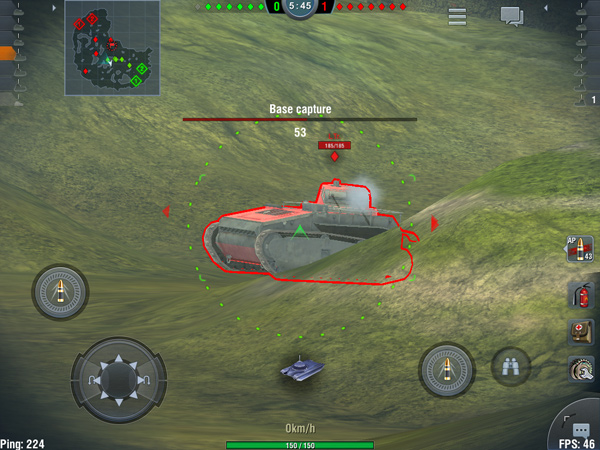

diplomatic blitz to help figure out how to fill the resulting power vacuum and regain influence in those areas.

If Wagner winds up being pulled out of some of the countries where it currently operates, that could create an opening for a U.S. These funds, as well as funds from extractive resources in Mali, Sudan, and the Central African Republic in the form of diamonds and gold have been helping the Kremlin evade sanctions.

In both cases, Wagner receives concessions from contracts related to oil and gas installations that the group helped seize and protect. In Libya, the guns for hire have backed warlord Khalifa Haftar, serving as a bulwark for the expansion of the Libyan National Army in its quest to prevail in that country’s civil war. In Syria, Wagner has propped up the regime of Bashar al-Assad, supplying essential military force to help the dictator beat back the Islamic State and recapture important territory. For years, Wagner has served as the tip of the spear for Russia’s foreign policy in countries from Syria to Sudan to Venezuela, even as it has long sought to maintain plausible deniability about the extent of its linkages to the Kremlin. But the Wagner Group operates worldwide - from the Middle East to Africa to Latin America. The expectation is that Wagner forces in Ukraine are going to be integrated in the regular Russian military. So while most of the focus in coming days is likely to be trained on events in Russia and Ukraine, we shouldn’t lose sight of the serious implications this episode is likely to have elsewhere, implications that the United States and its allies need to prepare for as quickly as possible. And that raises the question of what the future of the Wagner Group will be. Despite the deal with Lukashenko, it is difficult to see how Prigozhin survives with his status and power intact after embarrassing Putin and exposing the fissures in the highest ranks of the Russian state.


 0 kommentar(er)
0 kommentar(er)
